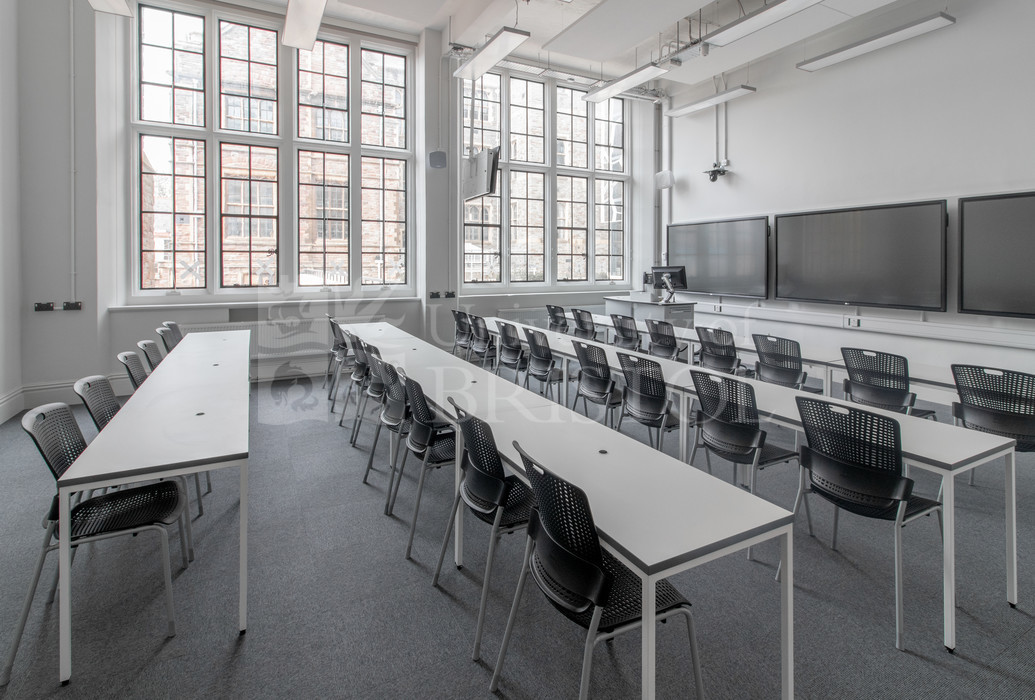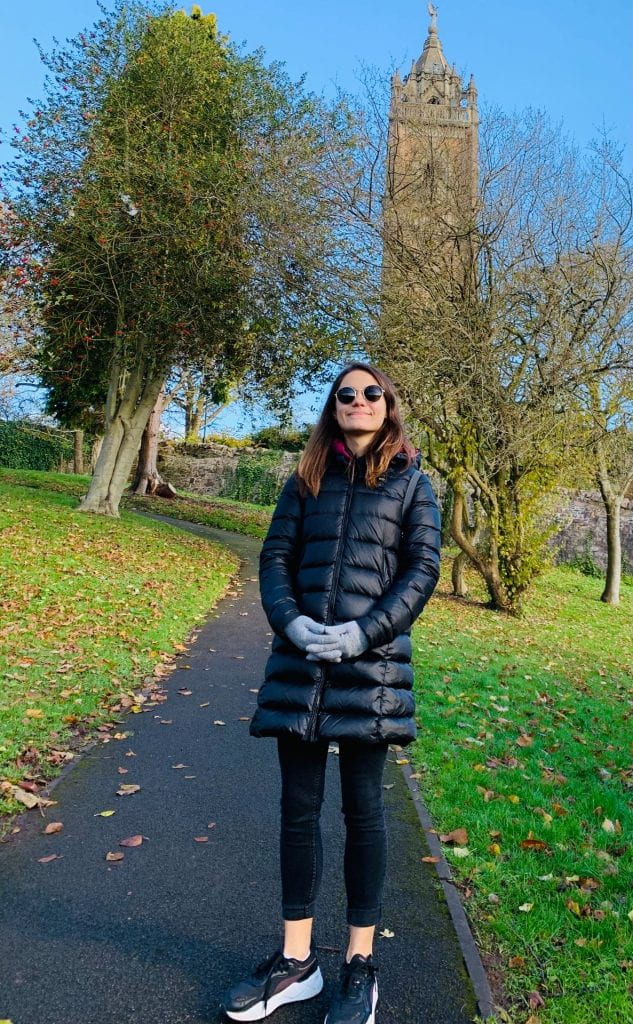
Our Bristol Futures Student Advocates come from every faculty in the university, and are here to support you to grow your skills and become an even better student.
We asked them to share their top tips for lectures and seminars, whether online or in-person. Here’s what they said…
Turn up to in-person sessions!
It sounds stupidly obvious, but you really need to turn up. Past online lectures are digestible when watching online because they were designed to be delivered that way. In person lectures are designed to work the best when you turn up and sit through it — the recording isn’t the same! Also try not to miss any lectures, when you miss one it’s so likely for you to carry on the lazy habit and not show up to lectures ever again… Carol, 3rd year Plant/Bio Science
Firstly, go to your seminar even if you have not fully done the reading. Secondly, contribute to the discussions. It does not matter if your answer is wrong. And it is better to make the mistakes now and not later in the timed assessments. Finally, don’t stress about it! You will be just fine. Allison, 2nd year Law
Be (a little) prepared
Arrive at the lecture theatre early and use that waiting time to flick through the PowerPoint or whatever lecture material you got given. It usually takes less than 10 minutes, but it gives you a rough idea of the structure, where to pay more attention, and saves you from scribbling down notes when it will turn up on the next slide. Carol, 3rd year Plant/Bio Science
Try to list down all the relevant ILOs (Intended Learning Outcomes) and think of relevant subheadings for your notes prior to the lecture/seminar. This will help you to be more prepared in the in-person lecture/seminar. Very often, in-person lecture is more fast-paced than a recorded lecture. We as a student have to be more prepared so that we will not miss any key content during the lecture. Thinking about the ILOs beforehand can help you to take notes more effectively by screening out the irrelevant materials taught in the lecture. In such a way, we do not need to revisit the recording after the lecture. As a result, we can maximise the efficiency of our study. Emma, 3rd year Veterinary Science
Don’t copy everything
Most times lecturers provide the downloadable PowerPoint for each lecture. Use this to write any additional points that were said by the lecturer in the recording but not written on the slides. By doing this, you will save time and you reduce repetition. Anaya, 3rd year Law
If you just copy what the lecturer wrote down, you are not going to absorb and digest what the lecturer’s main point is. Even worse, you wouldn’t know if the lecturer makes a mistake. Instead, pay full attention to listening to what the lecturer is saying first. After a few sentences, think about what is the main point conveyed in what is written down on the board (or presented on the slide). And then, use your own words to jot down any key points. If you can’t catch them, need not to worry! Simply watch the recorded lecture later and pause as you go. If the lecture is not recorded, it would be nice if you can email the lecturer asking for clarification on such topics. They would be happy to help!
You will be panicked by the fact that while everyone in the hall is ferociously writing, while you are sitting there, only listening. But remember, you are also paying your full attention to the lecture, and you have done nothing less than your classmates did! Ryan, 2nd year Mathematics
Use questions for learning
As you watch the lecture clearly flag any concepts/areas that you don’t fully understand and formulate (and write down) specific questions that you think could get you the answers you need. This habit helps provide structure and direction to your reflection/revision process after the lecture, as you know exactly what you need to follow up on talking to the lecturer or extra research/reading. I have found this makes my learning more efficient (by saving you from repeatedly covering content you know/understand in order to locate what you are less clear on) and more effective (as your learning becomes targeted to any weak points). Emily, 3rd year Biomedical Sciences
Watching a recorded lecture? Pretend it’s in-person
It’s very tempting to stop every 10s to make detailed notes just because you can do that — but that’s not most effective way: it takes forever to finish watching one recording and you are not really processing the information before writing it down (you’re more like… manually typing up the captions).
Pretend it’s an in person lecture and don’t give yourself the option to stop, at least not that often. That way, it forces you to do some preparation work and to think about the material before deciding if it’s worth writing down. The recordings are always going to be there so it’s not the end of the world if your notes is missing some fine details — you can always go back and have a look as long as you know where to look! Carol, 3rd year Plant/Bio Science
What are your own top tips for making the most of lectures? Do you prefer being there in person or watching a recording? Let us know in the comments below.
Bristol Futures Student Advocates run peer support sessions for students in their faculty. Check out the Study Skills Blackboard page to see what’s coming up.


